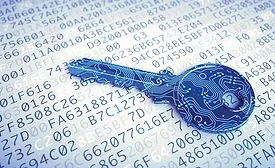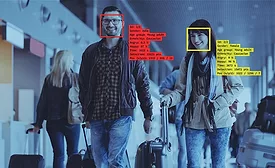Columns
Cyber Tactics
Privacy: The Age of Context – Ensuring the Benefits of Sharing Outweigh the Risks
July 1, 2019
Sign-up to receive top management & result-driven techniques in the industry.
Join over 20,000+ industry leaders who receive our premium content.
SIGN UP TODAY!Copyright ©2026. All Rights Reserved BNP Media.
Design, CMS, Hosting & Web Development :: ePublishing













